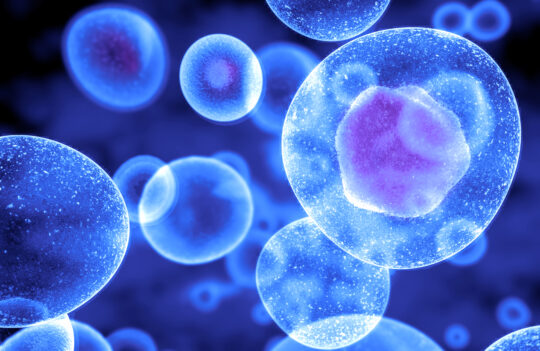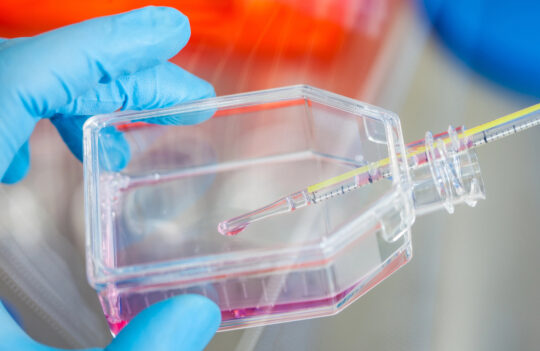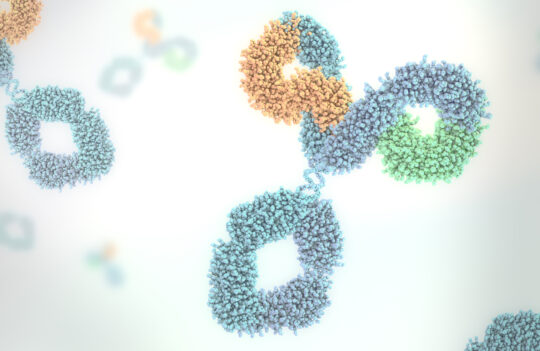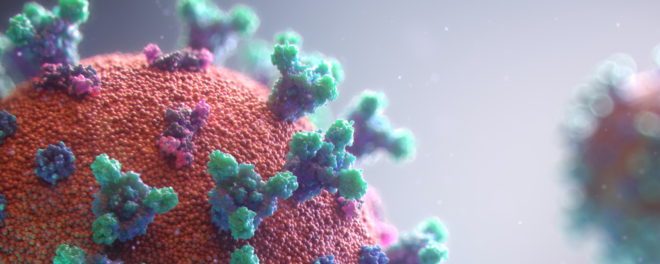 Antibody production
Antibody production
What are the leading monoclonal antibody treatments for cancer?
Arresting cancer progression has evolved from the use of unspecific chemotherapies with serious adverse effects to the adoption of antibody-based targeted therapies. Present monoclonal antibody treatments for cancer mainly comprise the use of growth-targeting antibodies (e.g. Trastuzumab and Cetuximab) and, more recently, the use of immune checkpoint inhibitors (e.g. Ipilimumab and Utomilumab) known enhancers of the immune response against cancer cells. Many of these drugs were discovered using antibody phage display adapted to therapeutic applications. Despite the complexity of the disease, antibodies have become invaluable anticancer agents due to their specificity, reduced toxicity, and low risk of causing drug resistance, and they are expected to continue providing the safest way to fight this pervasive disease.
The history of monoclonal antibody treatments for cancer
Cancer is a complex disease, consisting of the abnormal and uncontrolled growth of specific cell types which have the potential to metastasize to other parts of the body. In 2018, 18 million new cases of cancer were reported, with lung, breast, and colorectal cancers being the most prevalent. In that same year, cancer caused the deaths of over 9 million people, with lung, colorectal, stomach, and liver cancers being the leading causes of death.
Conventional cancer treatments comprise the use of aggressive chemotherapy drugs. But due to the inability of these drugs to distinguish between healthy and cancerous cells, these treatments result in systemic toxicity which, in turn, causes adverse side effects and seriously diminishes the quality of life of cancer patients. For this reason, anticancer treatments are slowly shifting towards the use of targeted therapies that bind to specific cell surface targets thus diminishing the risks of drug resistance and increasing patients’ quality of life.
Soon after the development of the hybridoma technology in 1975, experts quickly recognized the potential of antibodies as anticancer therapeutics. Rituximab was the first monoclonal antibody approved for clinical use by the US Food and Drug Administration (FDA) as an anticancer therapeutic as early as 1997. Still in use today, Rituximab is a chimeric mouse-human IgG1 antibody targeting protein CD20, enriched on the surface of B cells non-Hodgkin’s lymphoma (NHL), and triggering cell death. This antibody marked the beginning of the era of targeted anticancer therapeutics.
Growth targeting monoclonal antibody treatments for cancer
The history of cancer and the use of antibodies in the clinic go hand in hand. Since the beginning, antibodies have been useful tools not only as therapeutic agents but also as analytical tools useful for mapping the surface of cancer cells and unraveling the complexity of oncogenic pathways.
Monoclonal antibody treatments for cancer typically block oncogenic pathways that either comprise the overexpression of oncogenes and/or inactivation of tumor-suppressing genes. One example of a very prevalent cancer-associated antigen is the Epidermal Growth Factor Receptor (HER) family. The HER is a family of surface cell receptors responsible for modulating the growth of the epidermis, and it is typically tied to several tumors of epithelial origin. Trastuzumab, a humanized IgG1 antibody, was designed to target human epidermal growth factor receptor 2 (HER2) and approved for the treatment of breast cancer by the FDA in 1998 and the European Medicine Agency (EMA) in 2000. Cetuximab, a chimeric human-mouse IgG1 antibody targeting the epidermal growth factor receptor (EGFR), earned FDA and EMA approval in 2004 for the treatment of colorectal cancer.
Another important molecule known to module cell growth in cancer is the vascular endothelial growth factor (VEGF) family and their corresponding receptors (VEGFR). Angiogenesis (the growth of new blood vessels) has been recurrently tied to different types of cancer and, for this reason, the development and use of anti-angiogenesis monoclonal antibody therapies have quickly become relevant. Today, Bevacizumab a humanized IgG1 antibody targeting VEGF-A is recurrently used to treat different forms of cancer including colorectal cancer, renal cell carcinoma, glioblastoma, ERB2 negative breast cancer, cervical carcinoma, among other conditions. More recently, Ramucirumab a human IgG1 monoclonal antibody targeting VEGFR2 was also been granted approval by the FDA and EMA (2014) for the treatment of gastric cancer.
Immune response modulators in monoclonal antibody treatments for cancer
Cancer cells are known to escape the organism’s natural immune response. For this reason, the use of monoclonal antibodies to bind and stimulate specific immune cells (also known as immune checkpoint inhibitors) has become a relevant approach for the treatment of cancer. Ipilimumab and Nivolumab, two human antibodies targeting CTLA4 (cytotoxic T lymphocyte-associated protein 4) or PDCD1 (programmed cell death 1), respectively, are two of the most widely used anticancer therapeutics. Similarly, Pembrolizumab a humanized IgG4 monoclonal antibody targeting PDCD1 is also in use for the treatment of several forms of cancer such as melanoma.
Another family of immune response modulators that is increasingly gaining relevance in anticancer therapeutics is the tumor necrosis factor receptors (TNFR). Within this family, the tumor necrosis factor receptor superfamily member 9 (TNFRSF9, 4-1BB, or CD137) is known to be expressed natural killer (NK) cells, effector T cells, and antigen-presenting cells (i.e. dendritic cells, macrophages, and B cells). Monoclonal antibodies designed to target this protein (i.e. Utomilumab, a phage display derived human IgG2 antibody) are known to enhance the immune response against tumors and are currently a widely popular approach used for the amplification of the immune response.
Concluding remarks
Cancer malignancies were among the first diseases ever to benefit from the safety and specificity of monoclonal antibody therapeutics. Today, targeted anticancer treatments mostly comprise the use of antibodies blocking the abnormal cell growth associated with different types of cancer and antibodies with the ability to stimulate the organism’s natural immune response against cancer cells (known as immune checkpoint inhibitors).
With the onset of improved antibody generation therapies (e.g. antibody phage display technologies), scientists are increasingly focused on finding optimal targets for arresting the progression of this devastating disease. In this context, further breakthroughs in the development of monoclonal antibody treatments for cancer are expected in the years to come.
- Chiavenna, S. M. et al. State of the art in anti-cancer mAbs. J Biomed Sci. 2017; 24: 15. doi: 10.1186/s12929-016-0311-y
- Marin-Acevedo, J. A. et al. Next generation of immune checkpoint therapy in cancer: new developments and challenges. J Hematol Oncol. 2018; 11: 39. doi: 10.1186/s13045-018-0582-8
- Scott, A. M. et al. Monoclonal antibodies in cancer therapy. Cancer Immun. 2012;12:14. Available from https://www.ncbi.nlm.nih.gov/pmc/articles/PMC3380347/



